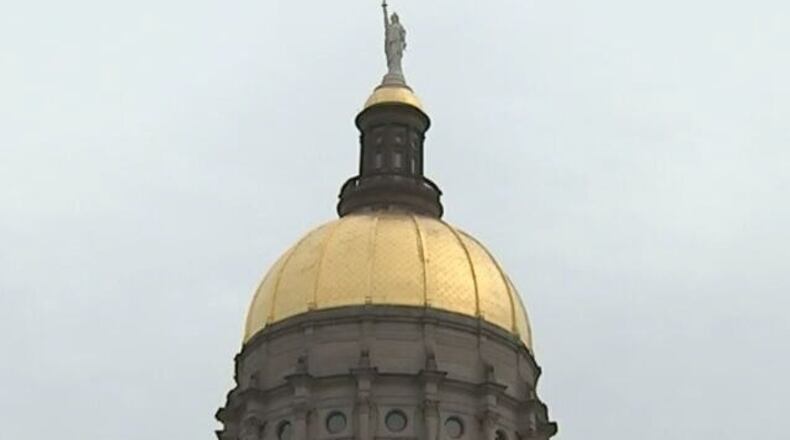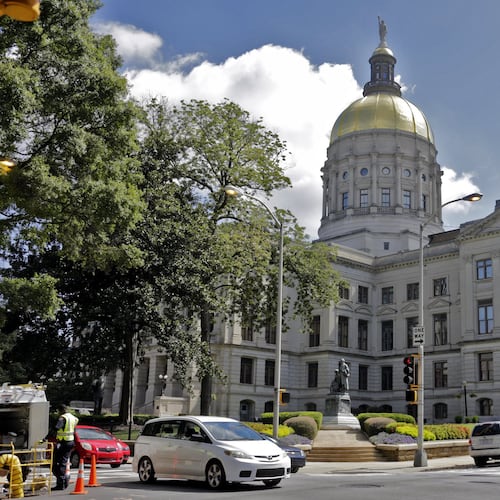Parents will get tax credits for child care expenses. Veterans will pay no taxes on retirement benefits. People in disaster-prone areas can put money aside tax free to prepare for the worst.
Those are some of the new tax breaks that Georgia lawmakers approved this year. Here’s what you need to know about some of the state’s new tax laws:
Child care expenses
House Bill 136 does several things to put more money back in parents’ pockets. First, it creates a new $250 income tax credit for parents of children under age 6. The provision takes effect next year.
The bill also increases an existing credit for child and dependent care expenses, which is tied to a federal tax credit. The state credit will rise from 30% of the federal credit to 50%. Based on the current federal credit, the state credit would be worth up to $1,500. The credit is increased beginning this year.
Finally, the bill would give businesses a $1,000 tax credit in the first year and $500 in subsequent years for any employee for which the business pays for child care. Employees who spend at least $1,000 a year on child care would be eligible. The credit takes effect next year and expires at the end of 2030.
Veterans’ retirement benefits
Georgia previously exempted from taxation the first $35,000 of military retirement benefits and other income for veterans under age 62. Under House Bill 266, the state will exempt up to $65,000 in benefits and income for veterans under age 65. The exemption begins with the 2027 tax year.
Proponents said the measure would honor veterans’ service and offer an incentive for them to stay in Georgia or move to the state, boosting economic development.
Catastrophic savings accounts
Georgia lawmakers approved nearly $863 million in spending related to Hurricane Helene in their amended 2025 budget. They also approved House Bill 223, which provides tax relief for farmers and timber producers who suffered losses because of the storm.
House Bill 511 seeks to help residents deal with future disasters. It creates an income tax deduction for contributions to “catastrophic savings accounts.” The money must be used to pay for damage resulting from windstorms, hurricanes, tornadoes, floods and other catastrophes declared by the governor to be a disaster or emergency.
Taxpayers would be able to contribute from $2,000 to $250,000 to such accounts, depending on their type of homeowners insurance and the deductible for their policy. The tax deduction would be available beginning next year.
About the Author
Keep Reading
The Latest
Featured



